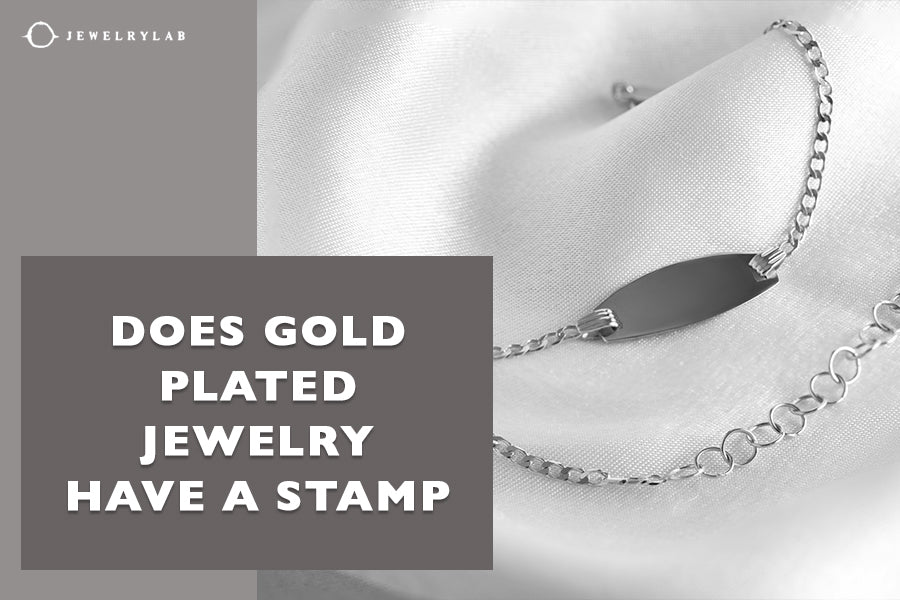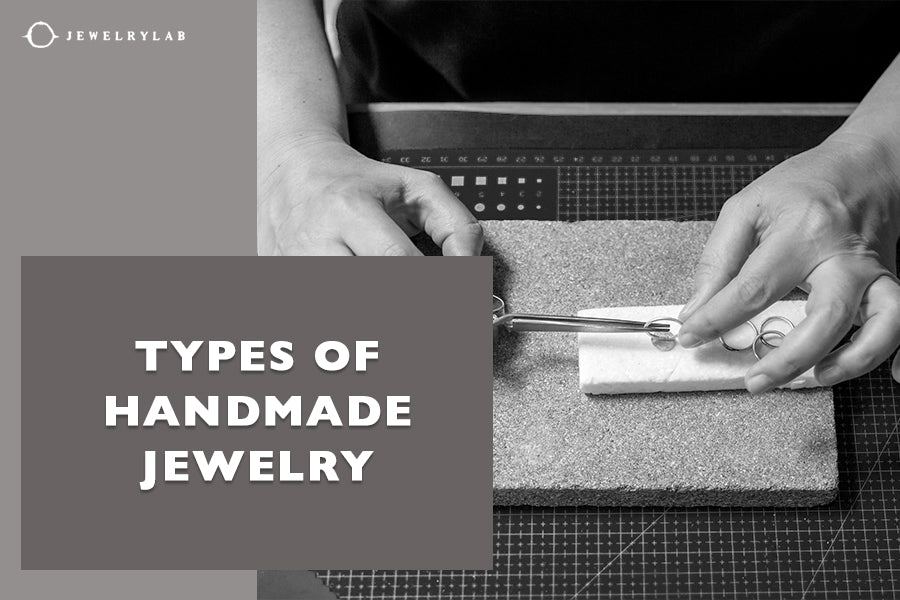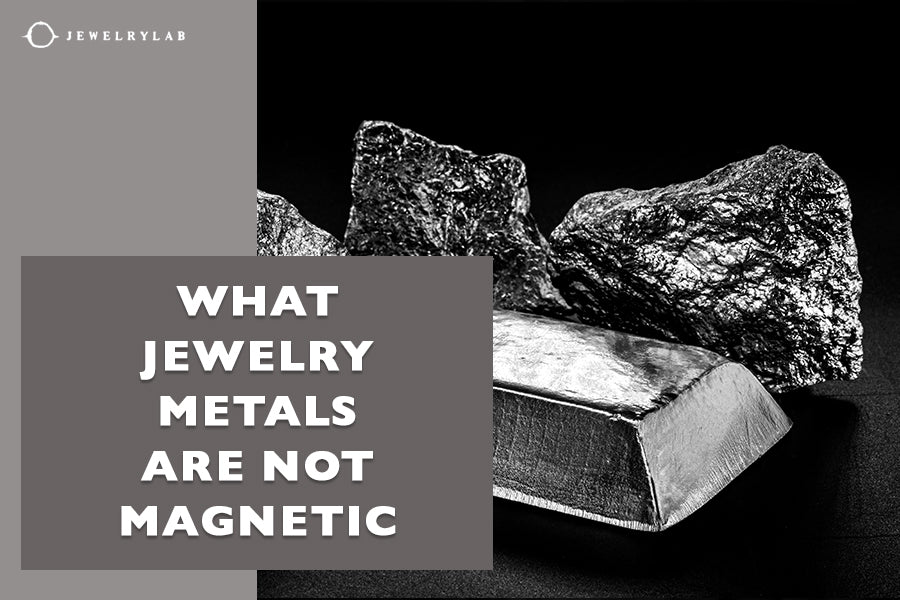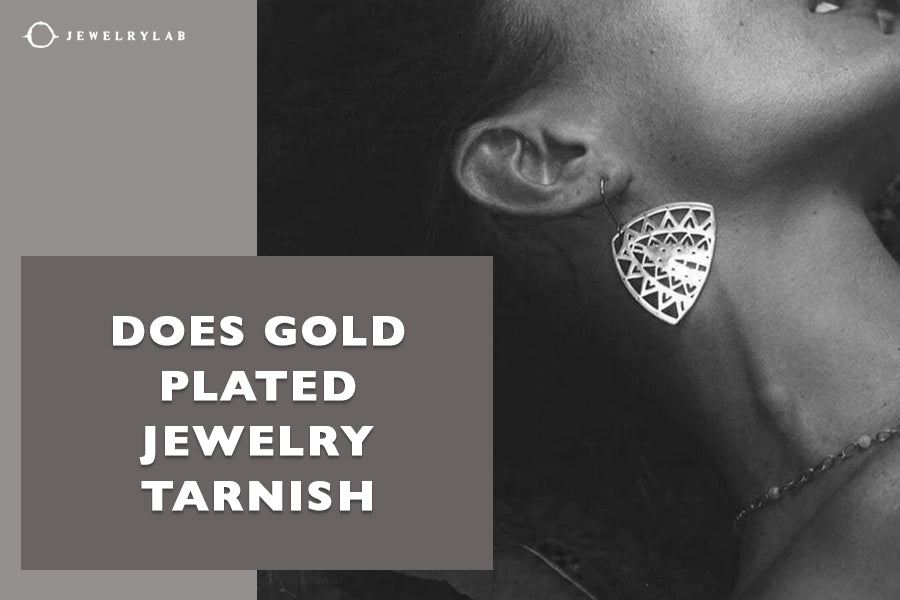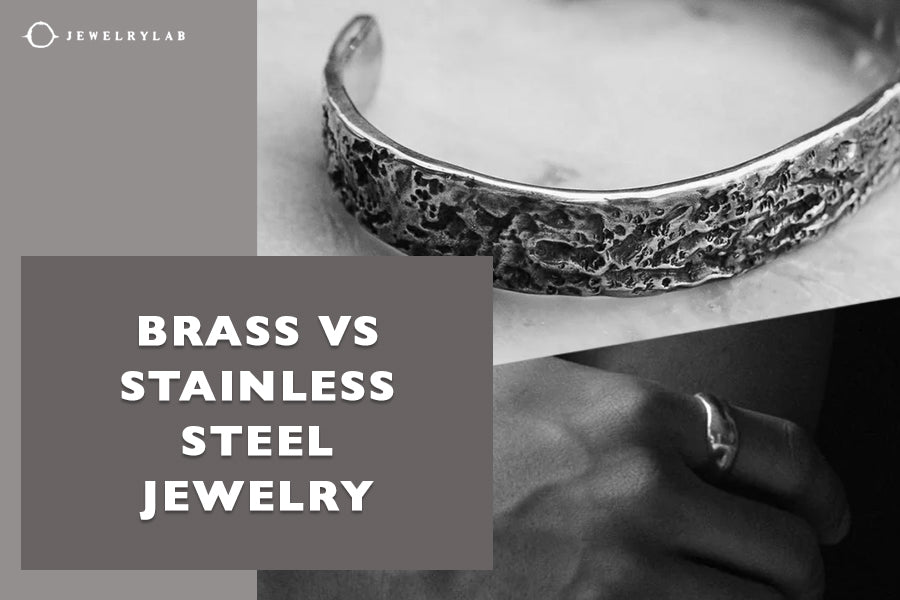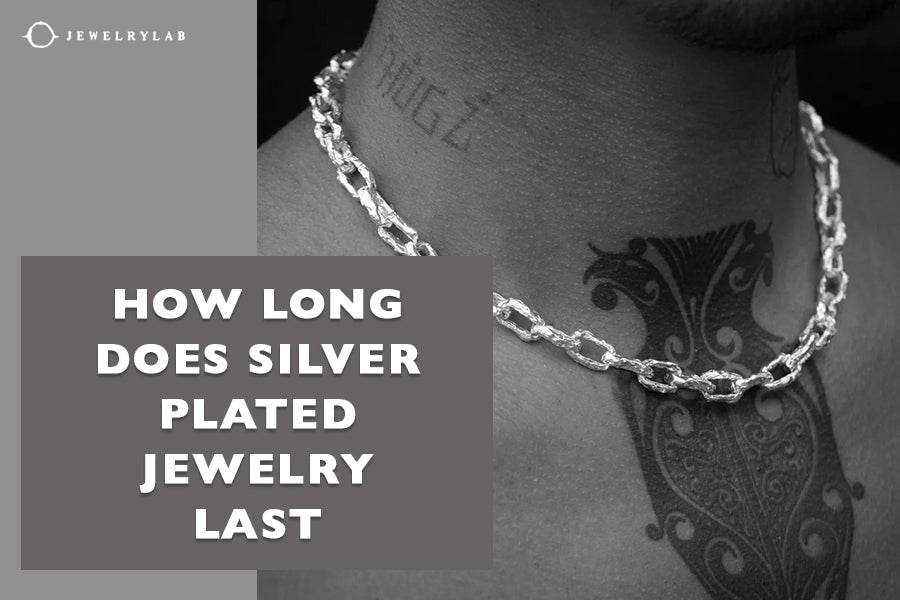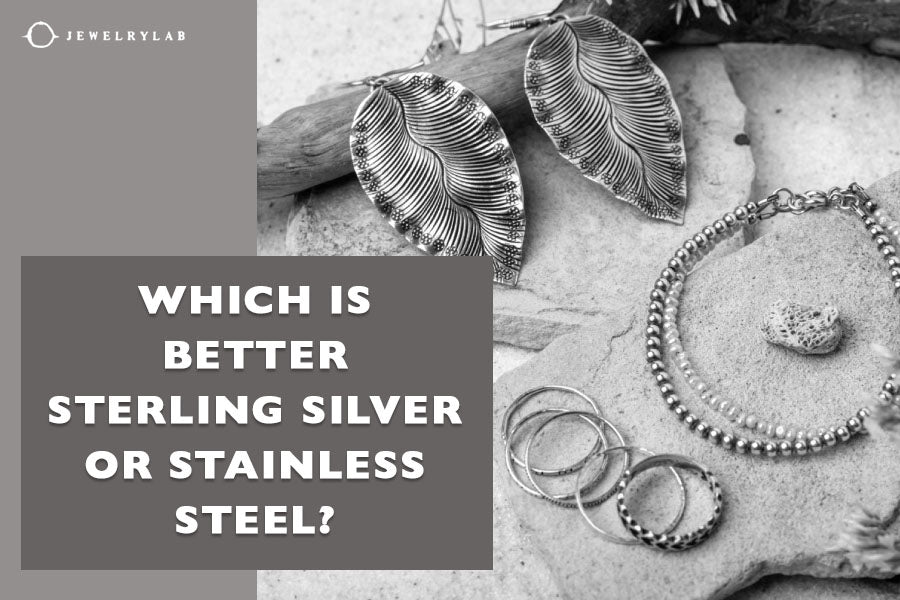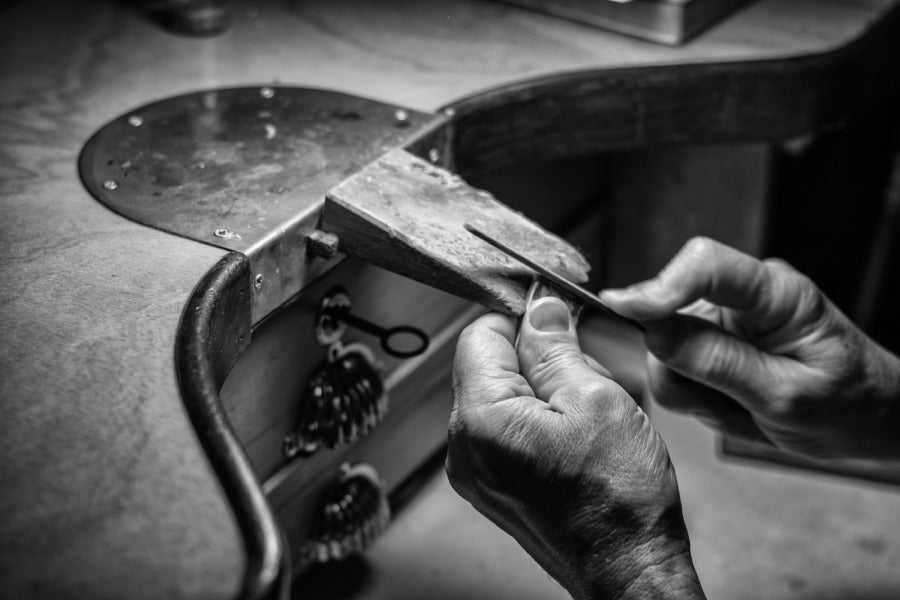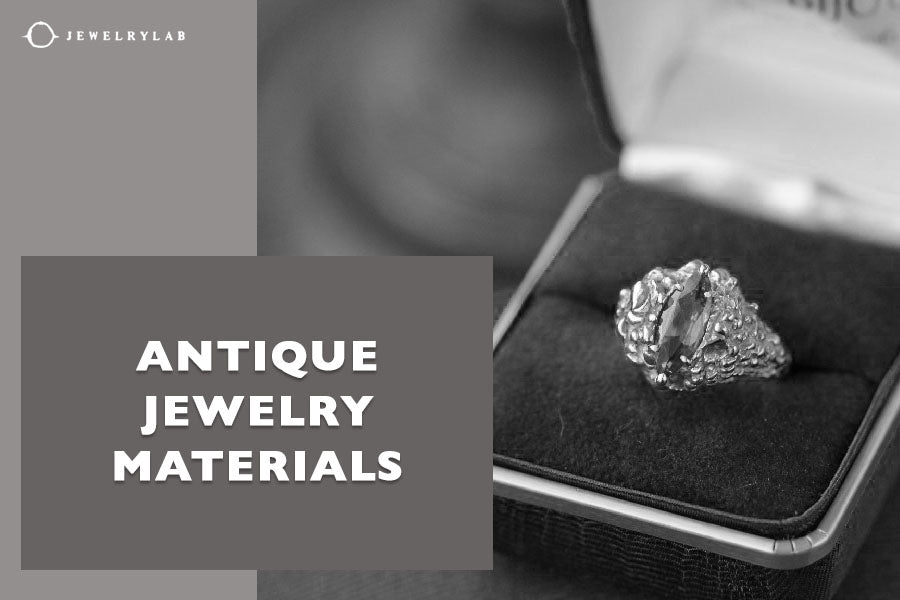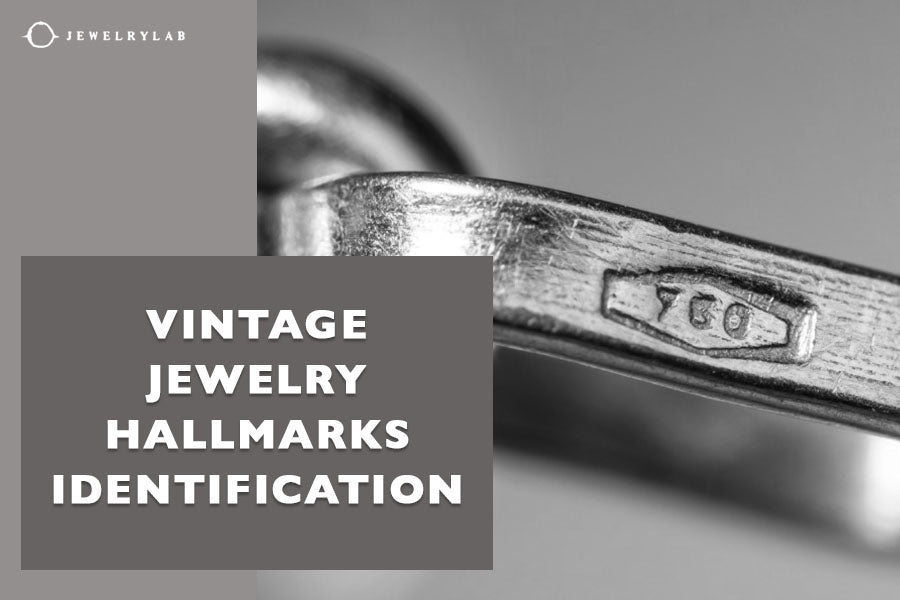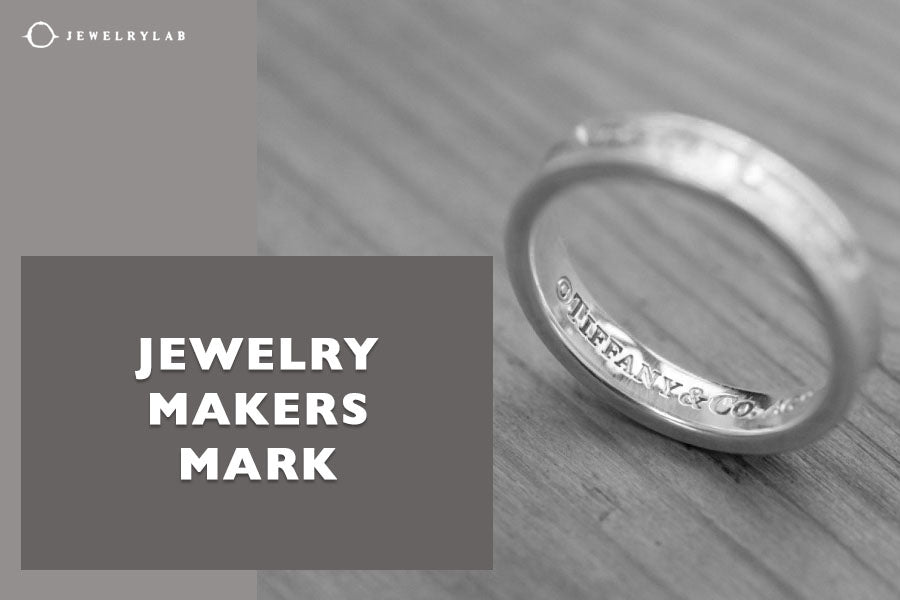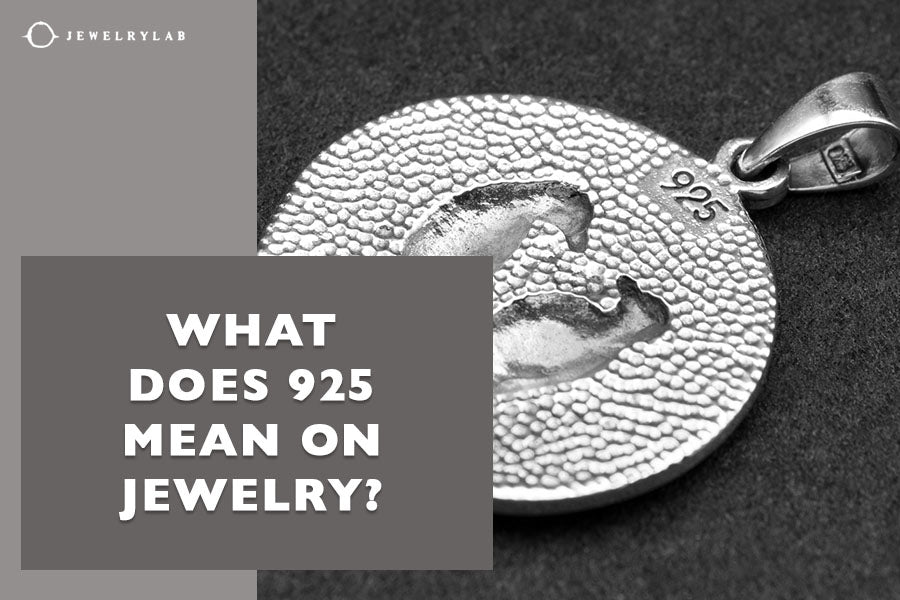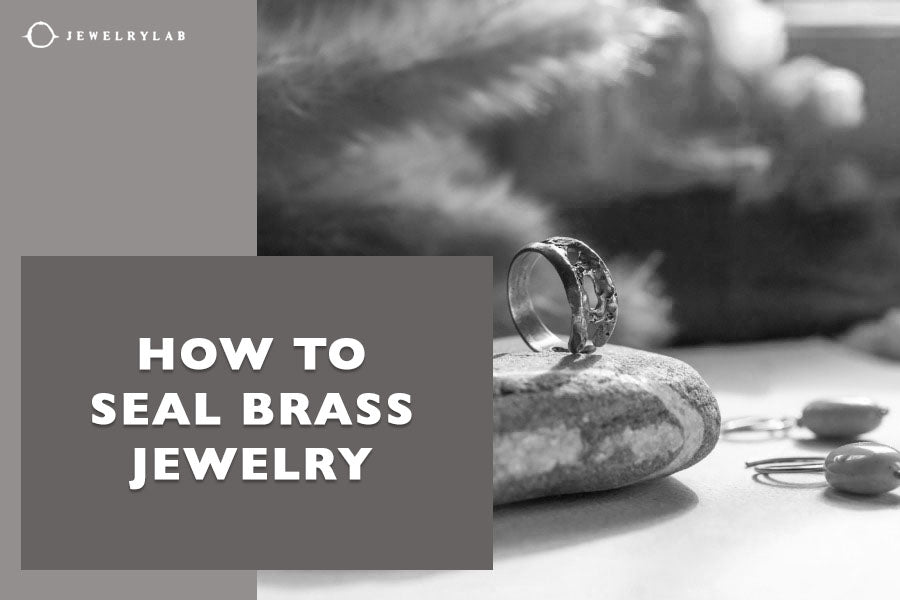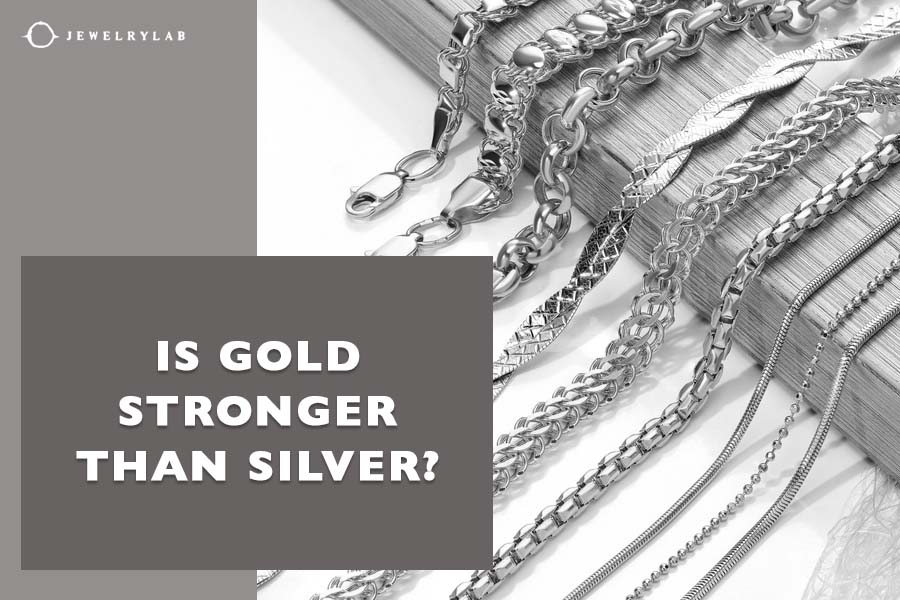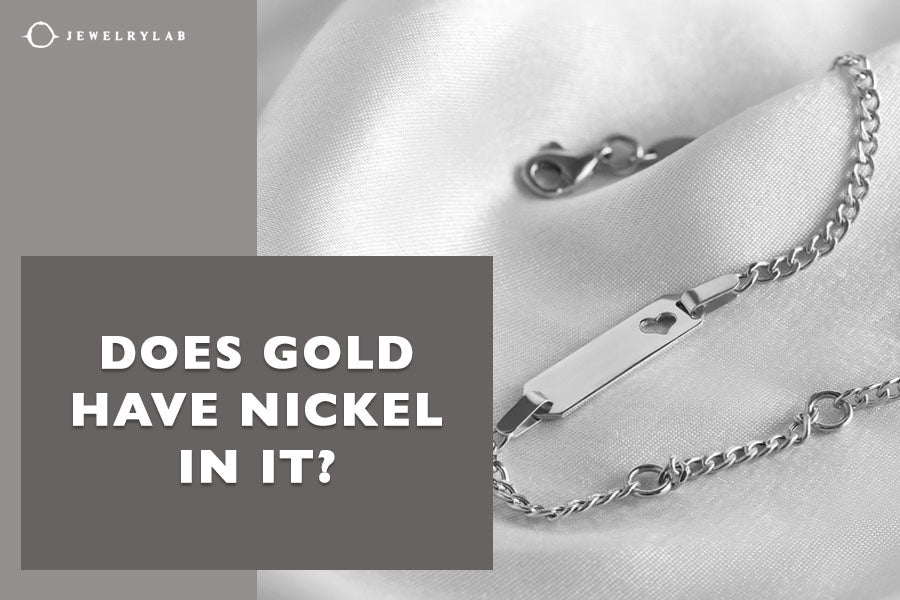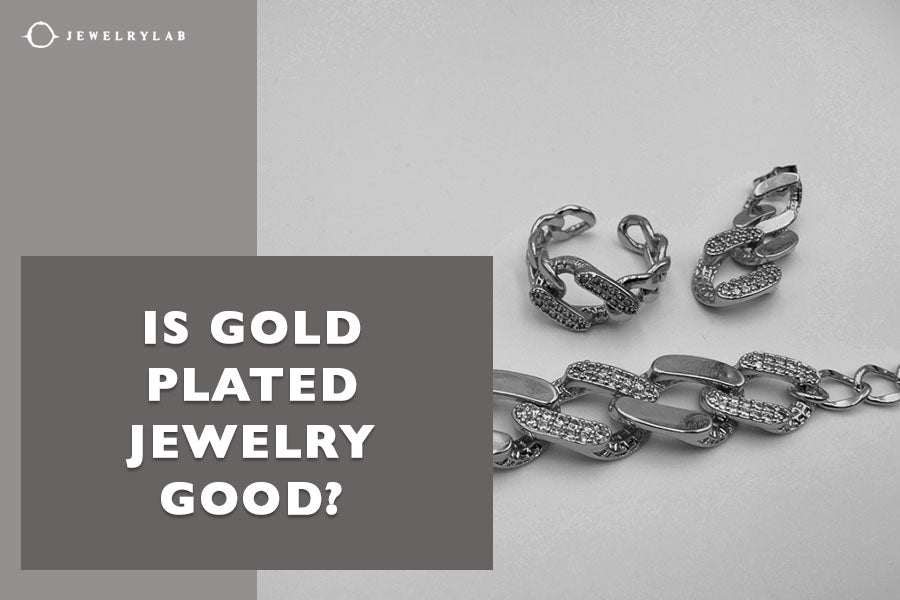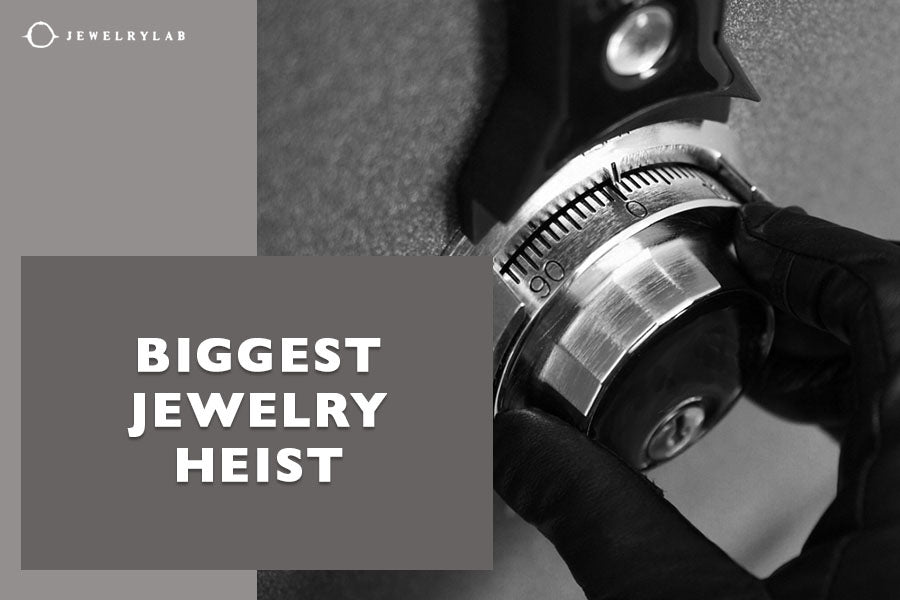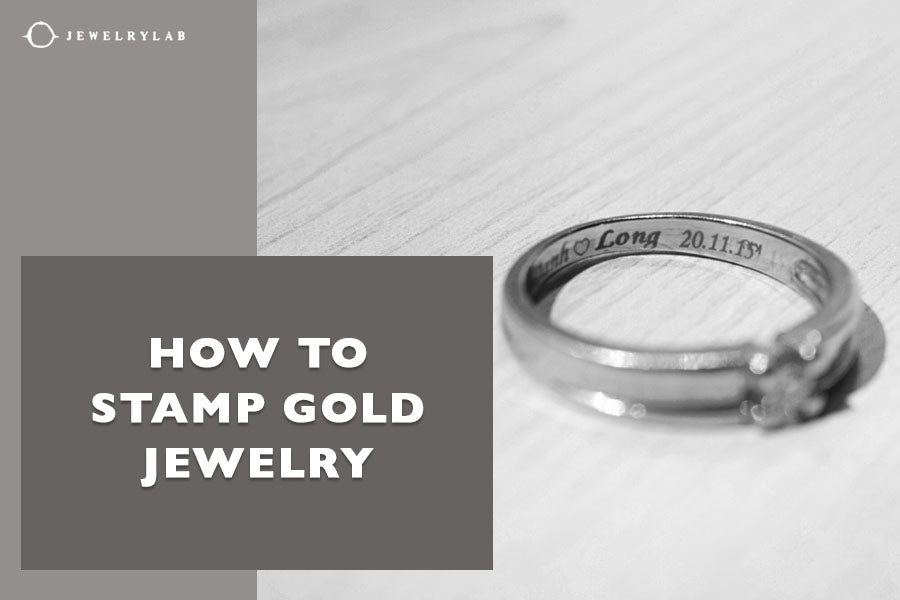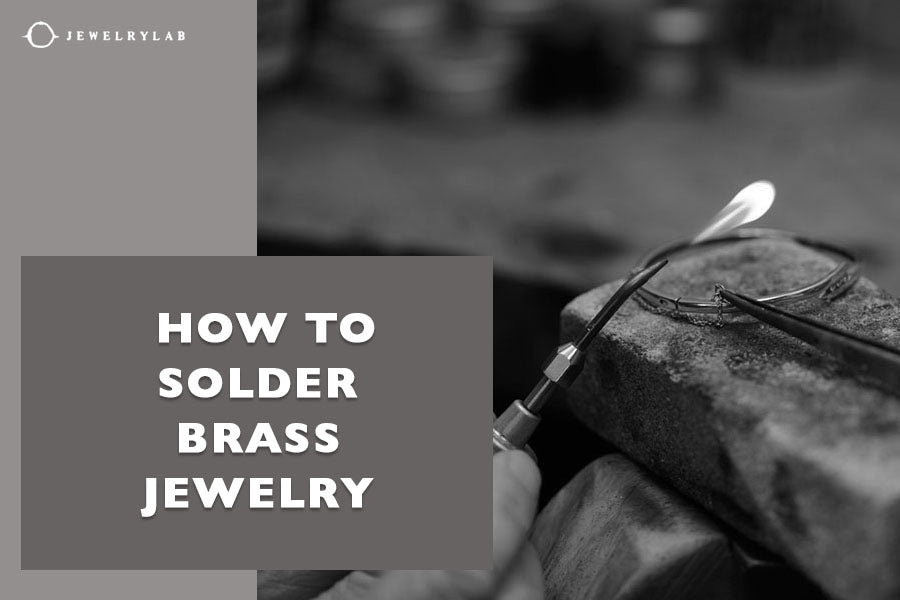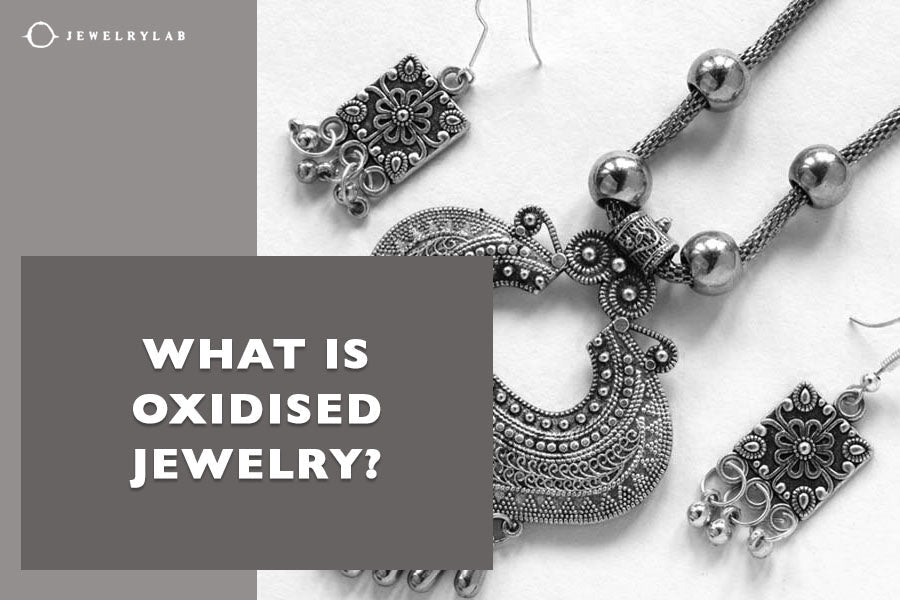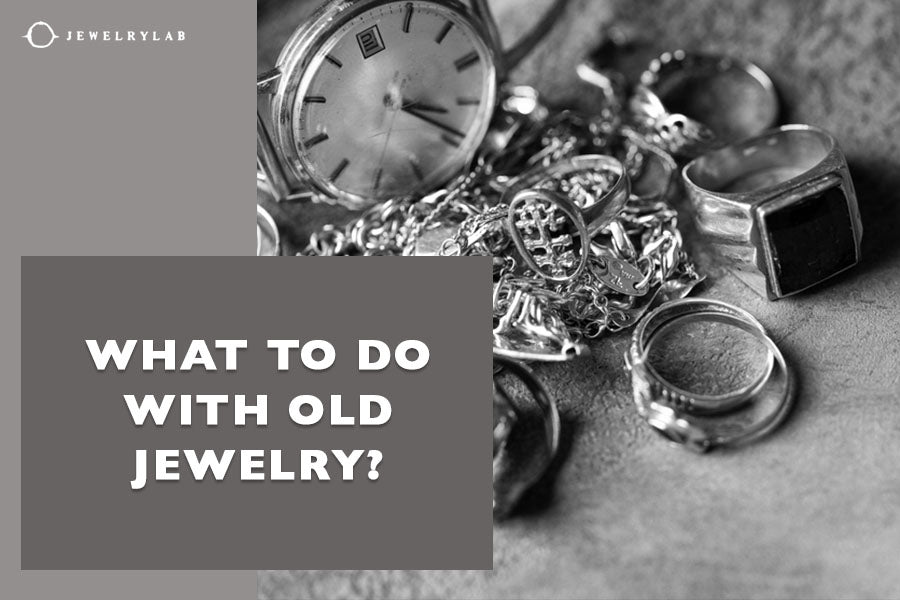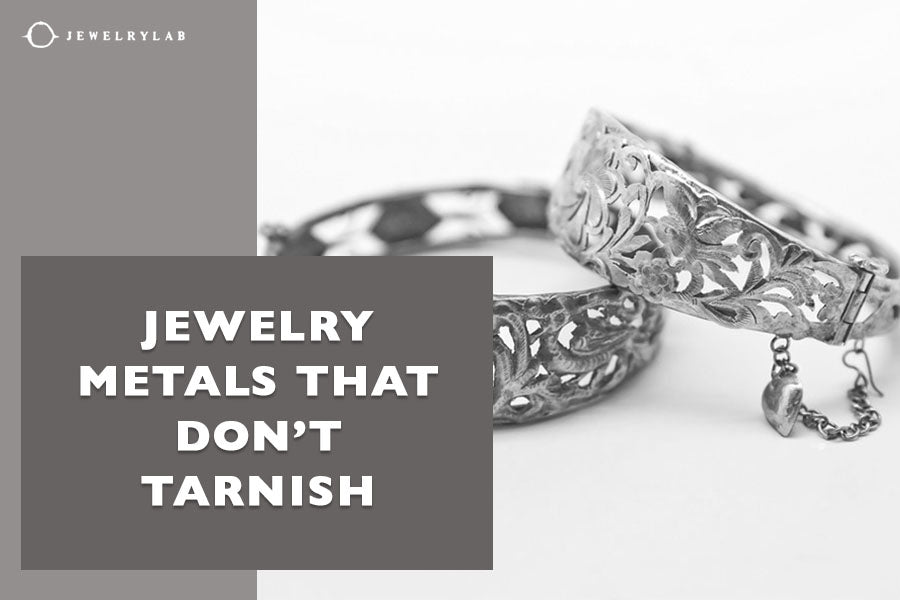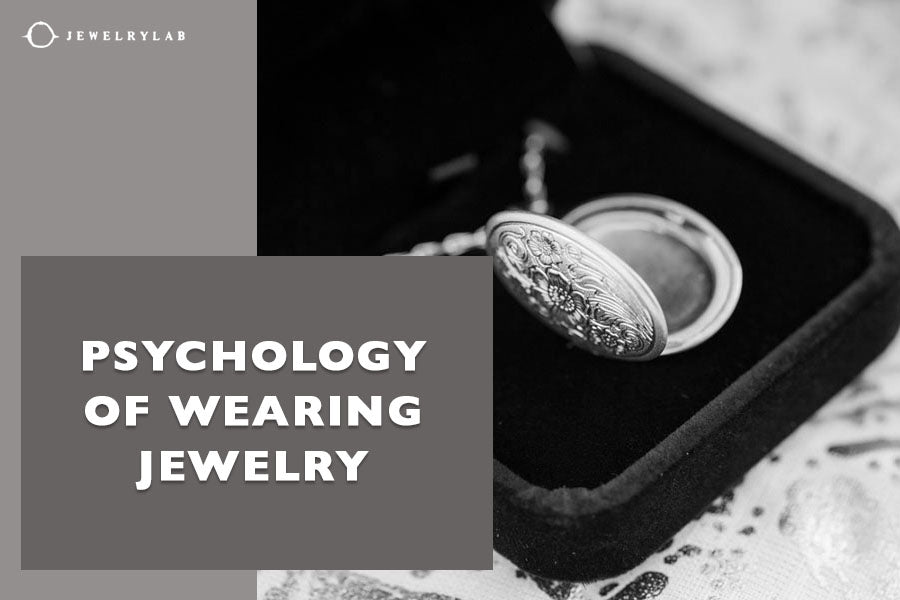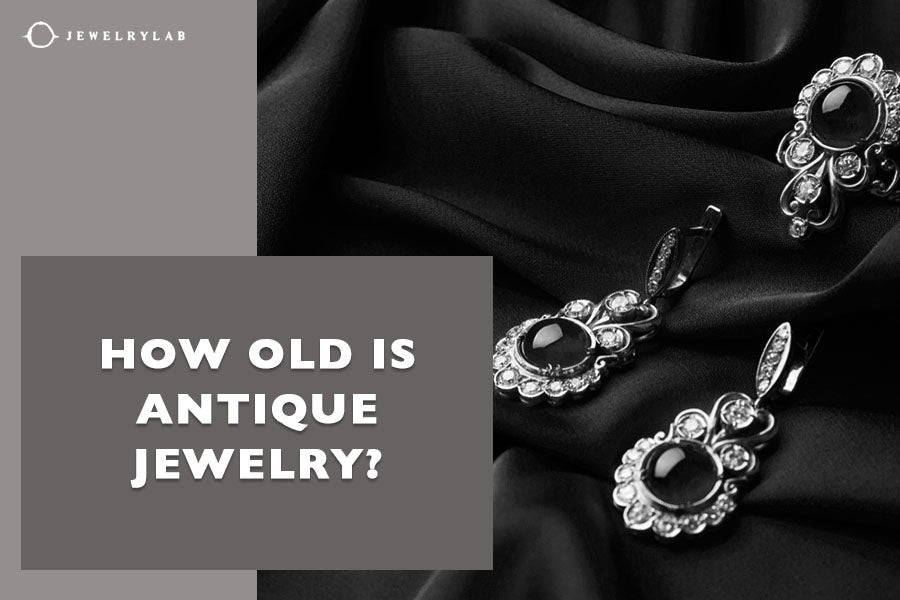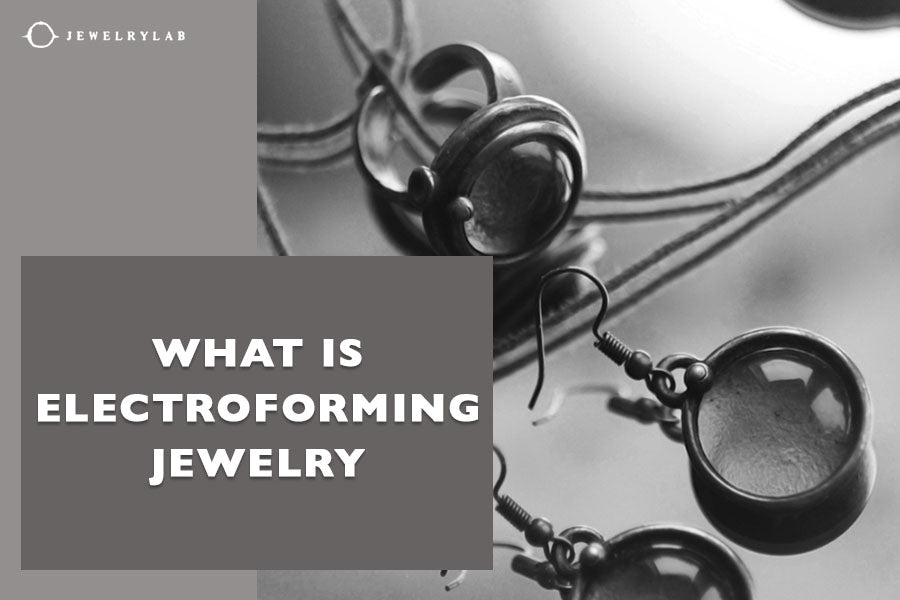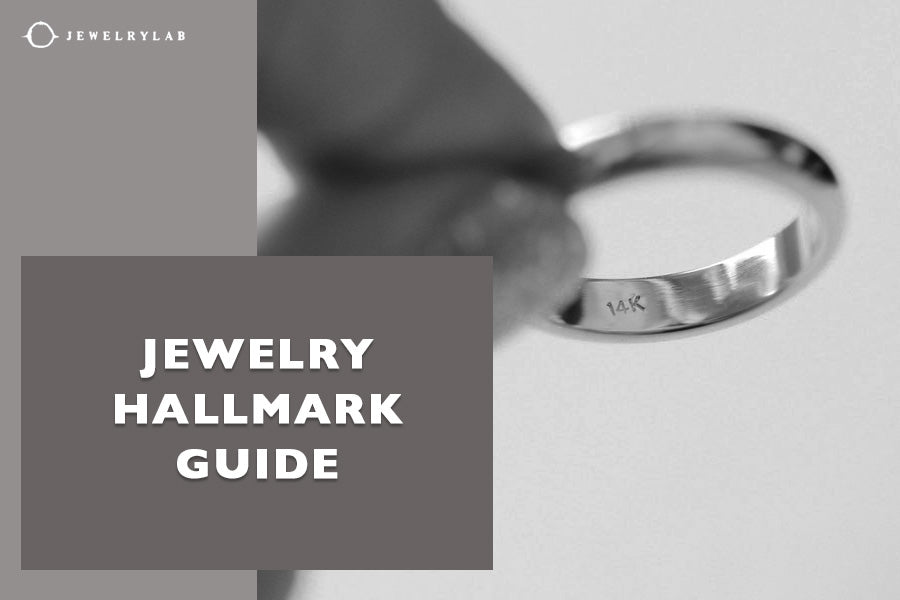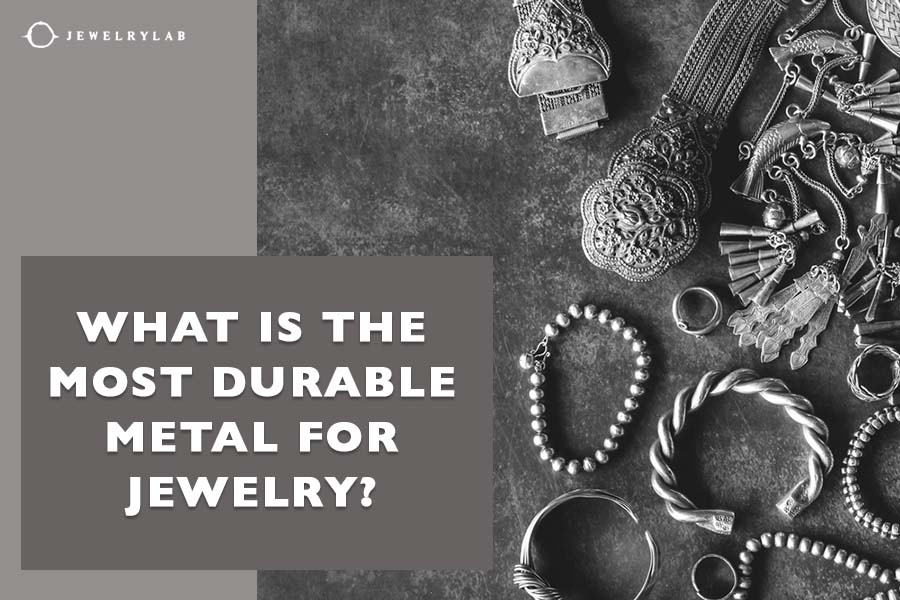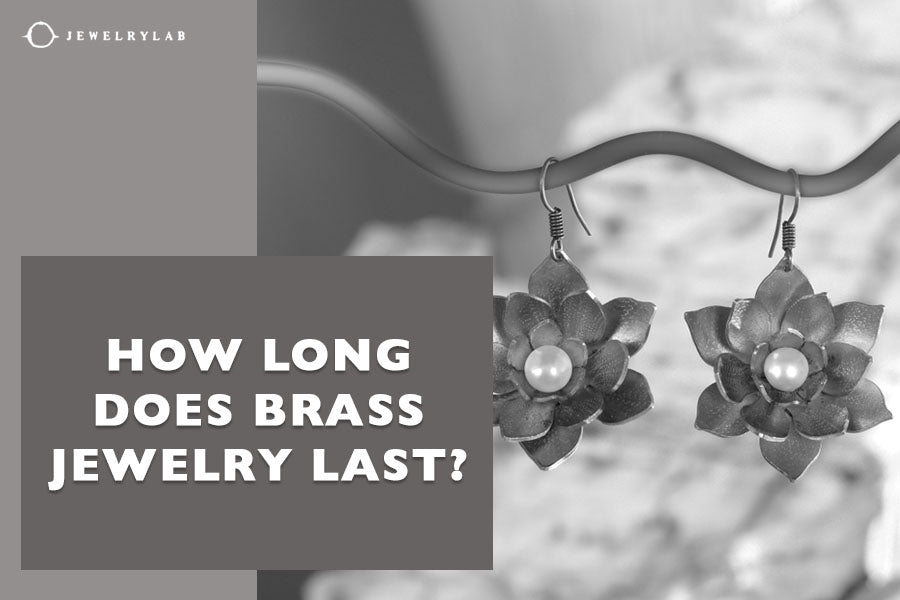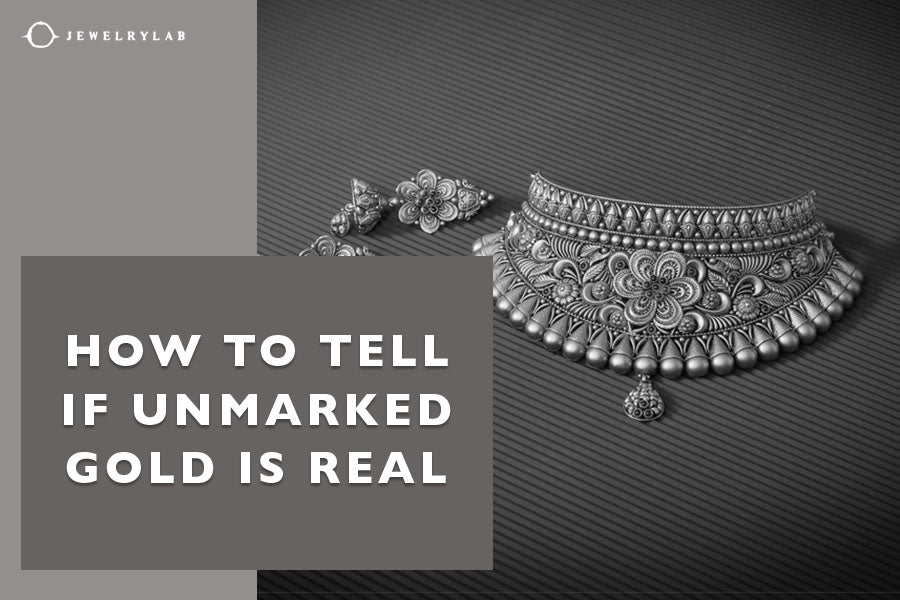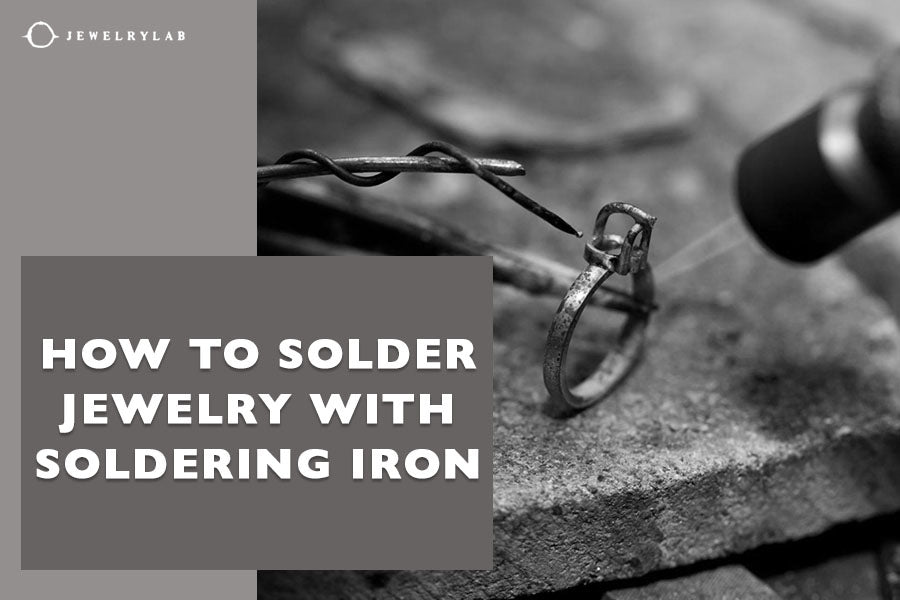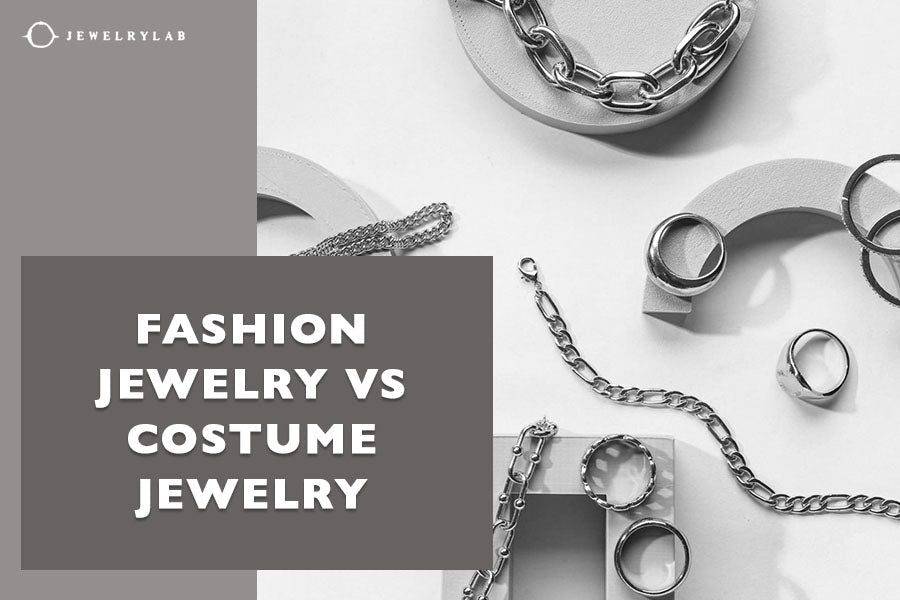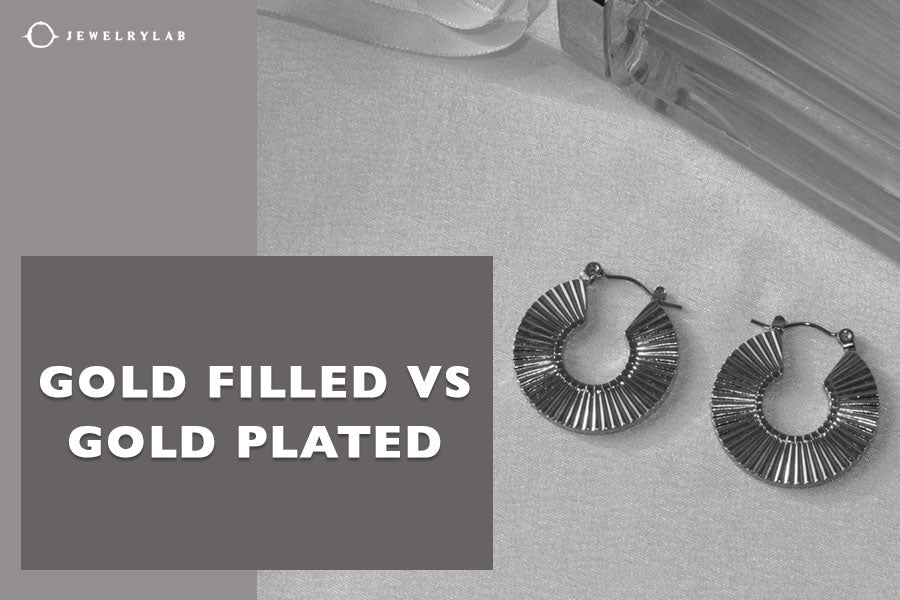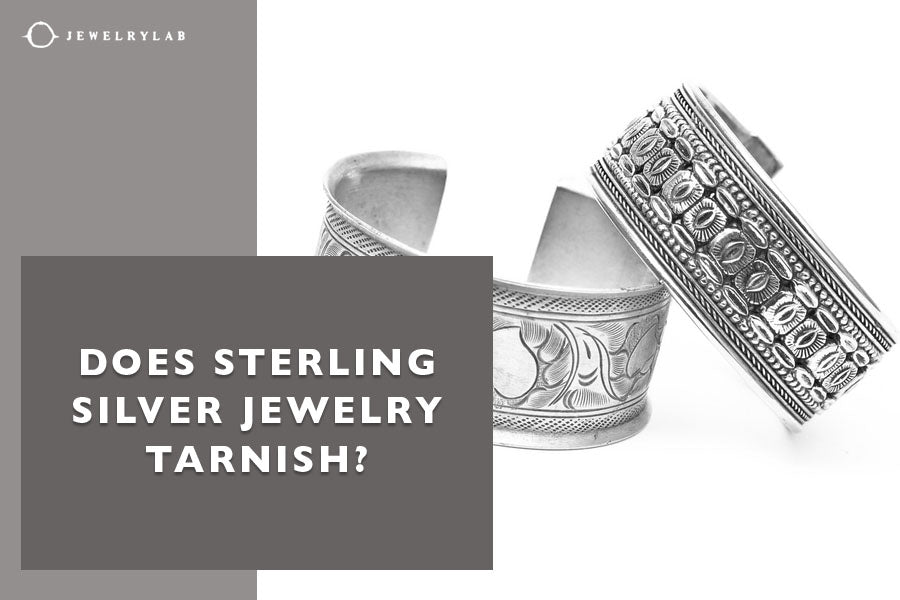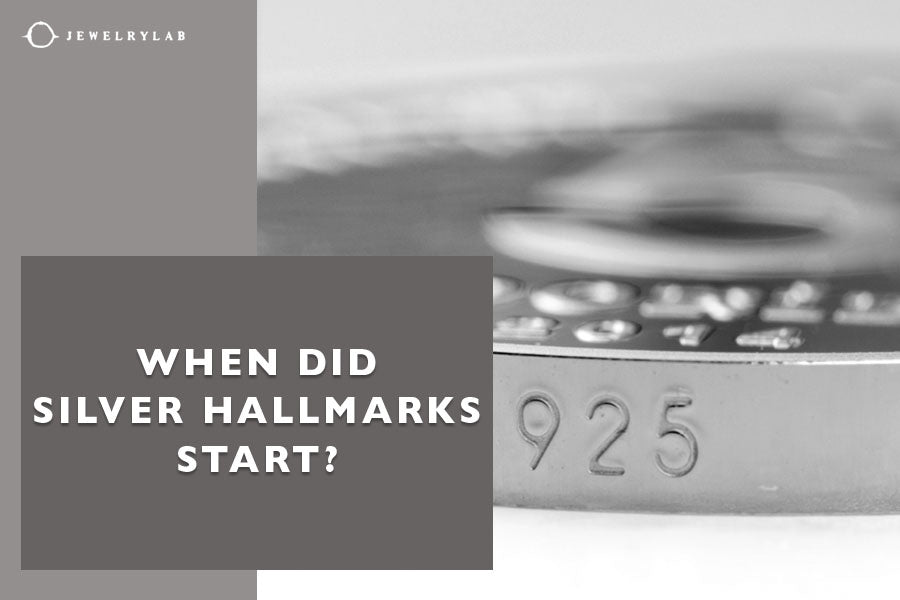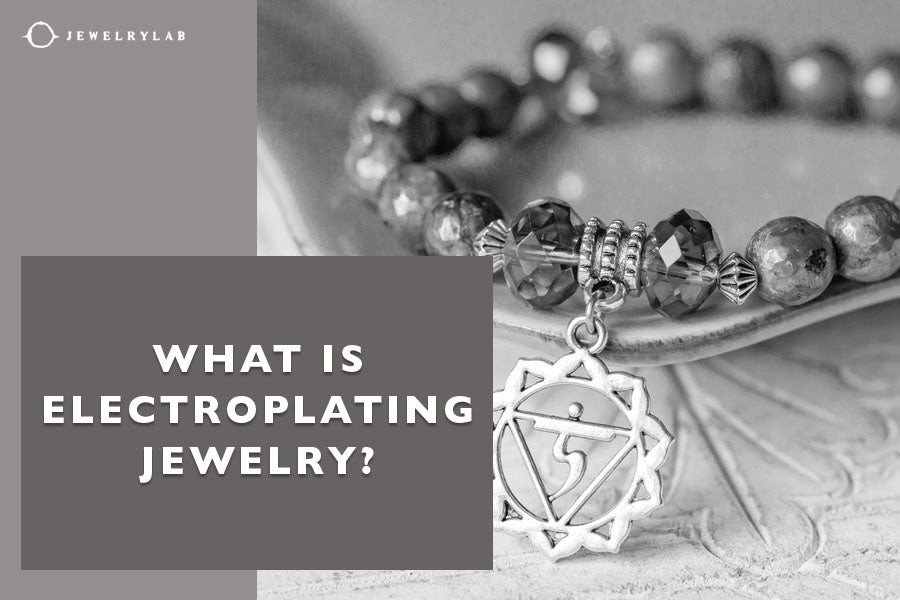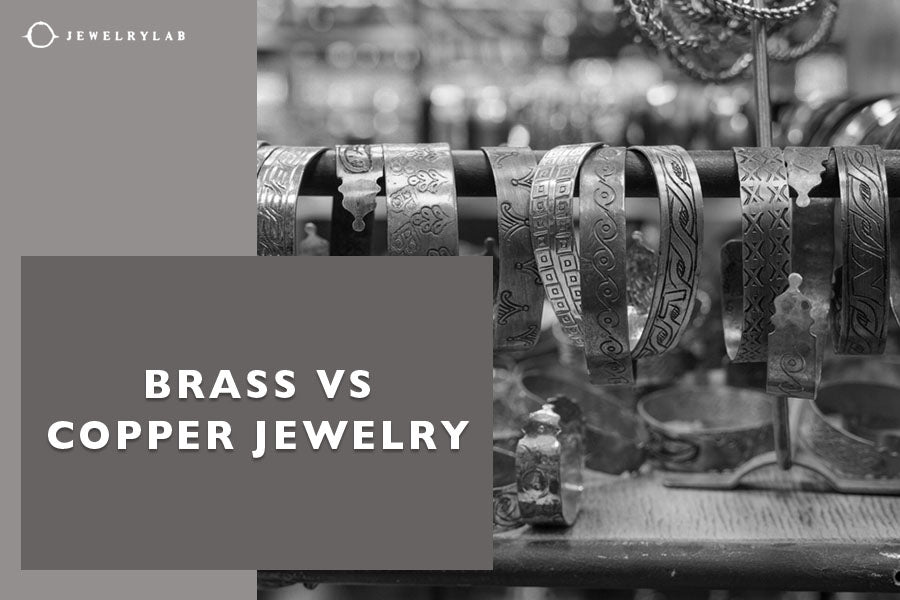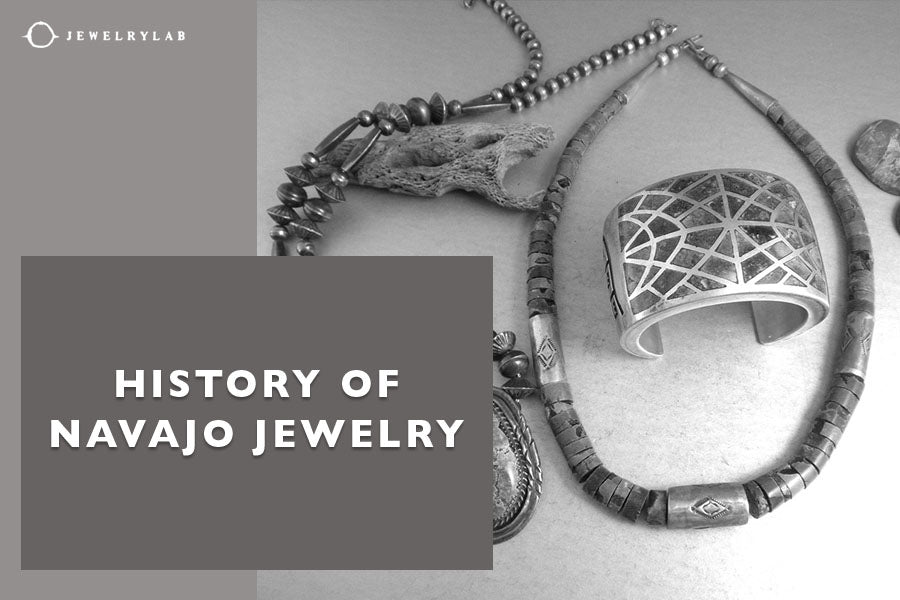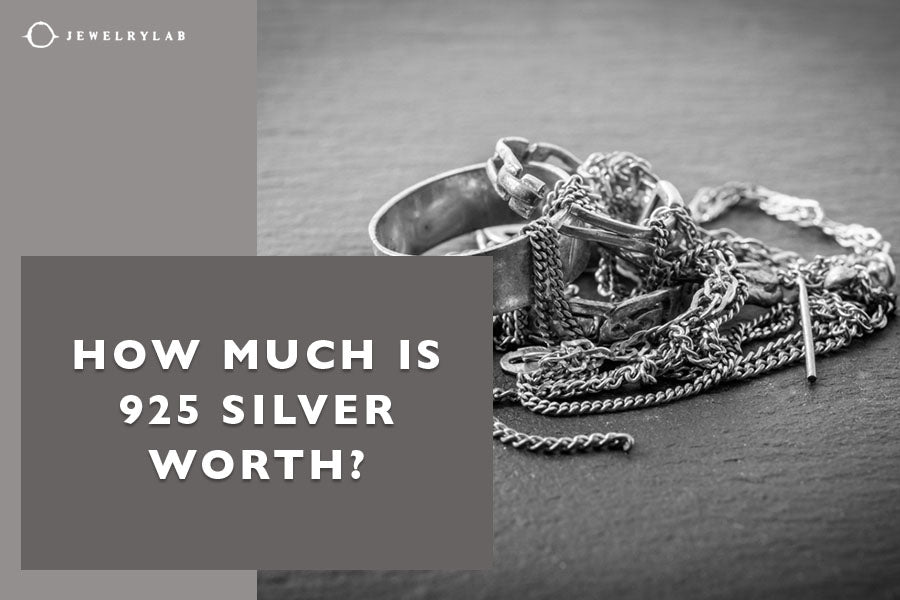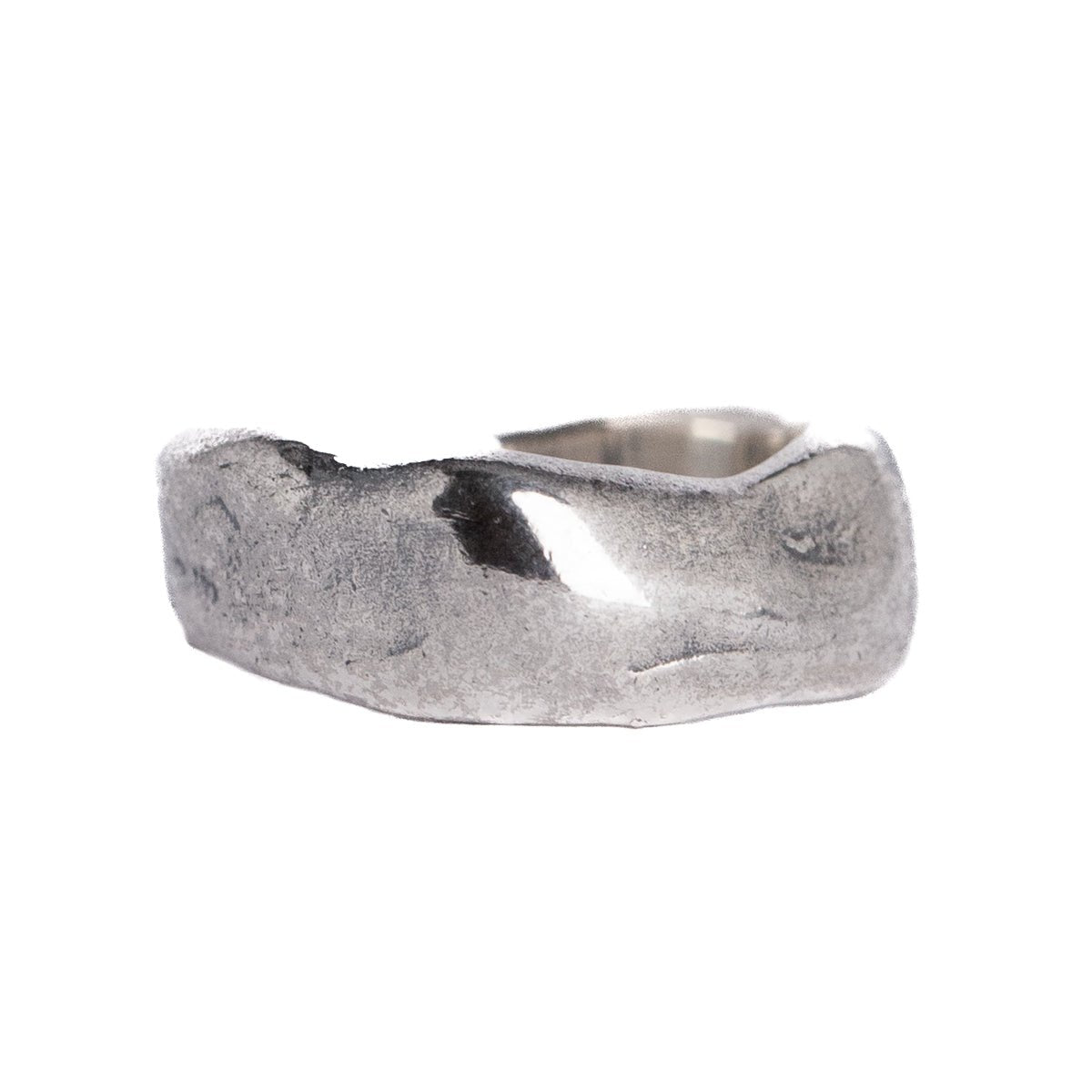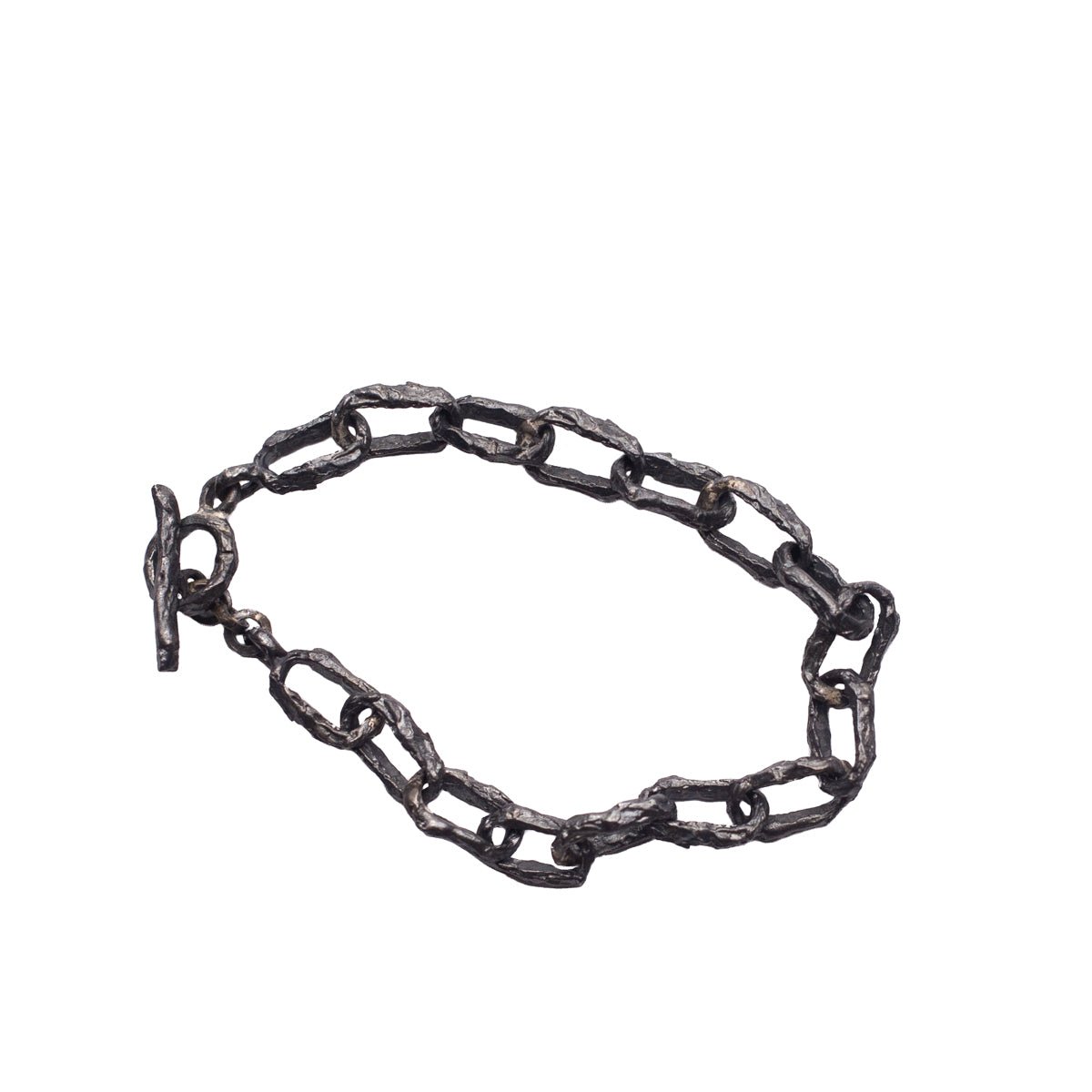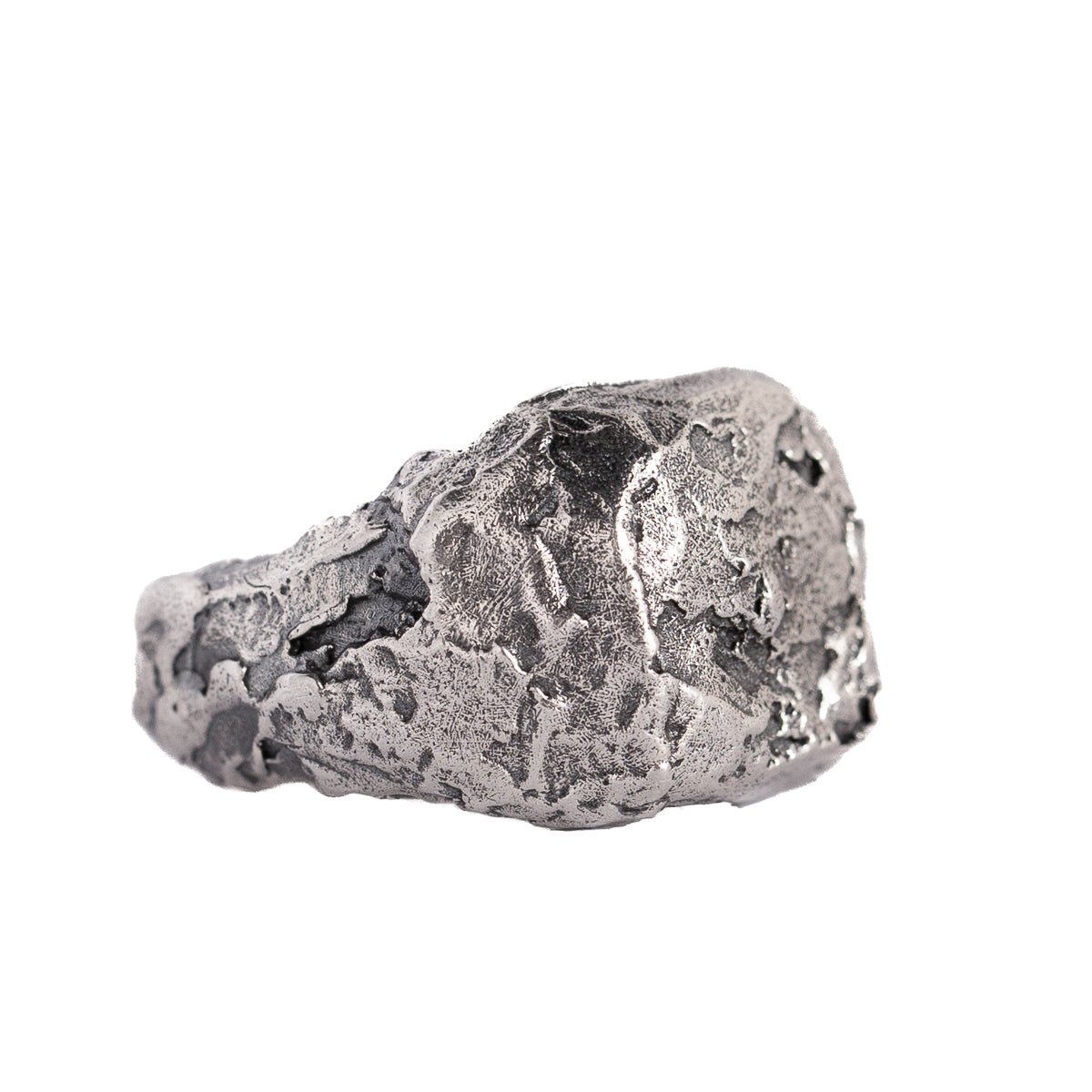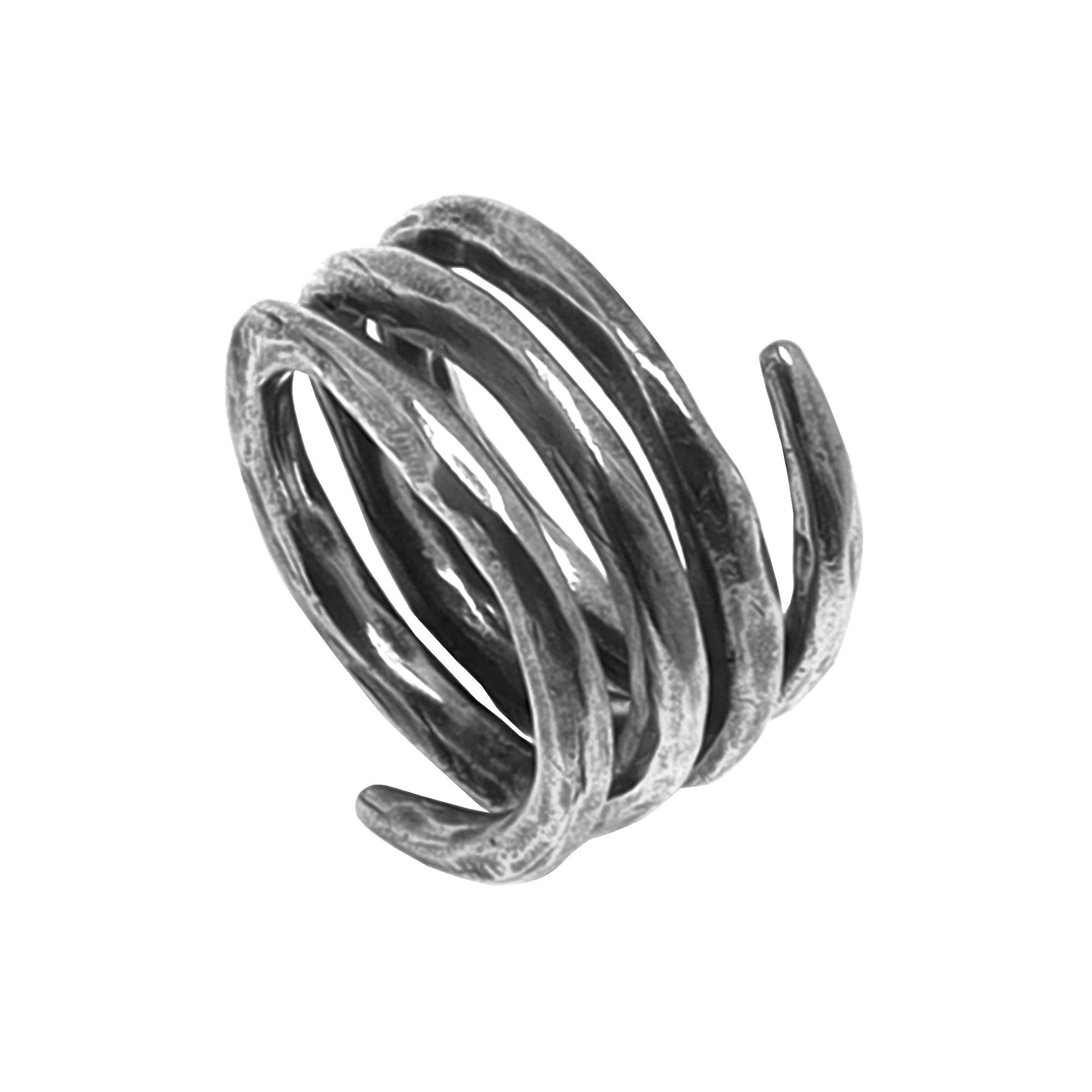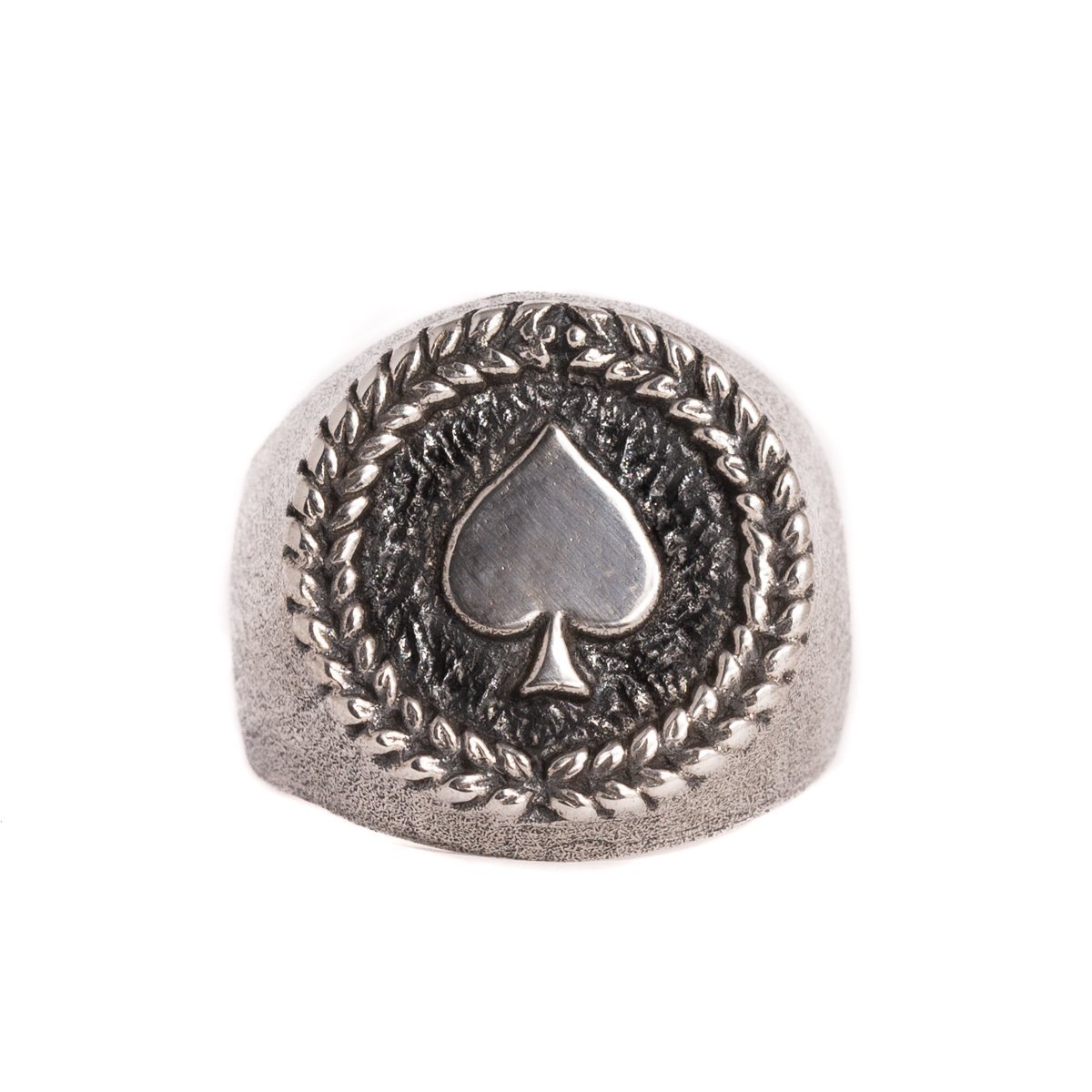by Jesús Zabala - 6 min read
Jewelry Stamps Identification
Every piece of jewelry has marks, initials, numbers, or symbols printed inside or near the clasp. These stamped marks are not random imprints, and each symbol has a meaning. They mark the brand and identify the piece of jewelry, metal type, or manufacturer. Knowing how to read these stamps can help you verify the quality, authenticity, and origin of the piece of jewelry.
As a brand that creates original jewelry pieces, we prepared a comprehensive jewelry stamps identification guide. By the end of the article, you will learn the meaning of each symbol and mark, how to identify jewelry markings, and how to determine the type of metal without any markings. Therefore, without further ado, let’s get started.
Research and reference guides
Typically, every piece of gold or silver has a stamp to mark the quality of the material. Marks or symbols help jewelers or you identify the piece.
On the other hand, if you have a piece without any mark, that doesn’t mean it’s costume jewelry or unworthy. Take it to a jeweler to run other verification tests on the piece. Do not dismiss it on your own.
Therefore, to learn jewelry stamp identification, you would have to learn the meaning of the stamps, how to inspect the piece of silver, and how to identify the quality of the material with no mark. Therefore, let’s begin with the theoretical part first.

Different Types of Jewelry Marks
Truth is, to be able to identify a jewelry stamp, you must educate yourself on the topic and do deep research. From the different types of jewelry marks, numbers, letters, and logos.
The following marks often occur on the jewelry. Here’s how they look and what they mean:
- Hallmarks– these are stamps imprinted to identify the origin of the jewelry, the date, or the metal. For instance, all silver and gold items from Britain have an imprinted hallmark. You can spot them because they look like stamps or symbols.
- Logos– some manufacturers imprint their logo on the back of the jewelry or add a small dangling accessory to the clasp. These stamps are self-explanatory in terms of meaning, but they can significantly help you find a rare piece or other benefits.
- Location– these stamps mark the location where the piece of jewelry has been manufactured. Typically, these can be pictures of the town or a symbol recognizable for the town.
The meaning behind numbers
Each number imprinted on a jewelry item signifies the purity of the material. Understanding these numbers will help you read and identify the value of the item without any help. Check the table below to find the numbers:
|
Number
|
Meaning
|
|
950
|
|
|
925
|
|
|
900
|
|
|
800
|
|
Jewellery Stamps Identification: Step-by-step
Now that we’ve covered the theoretical part, what each number means, we proceed to the practical guide of where to look and how to identify jewelry markings in detail. Therefore, here’s what you need to do:
Examine your jewelry
The first way would be to examine your jewelry. You should take a close look at the item and try to find the tiny number on the inside of the item or on a small accessory to the chain, for example, usually right on the clasp.
Find the number
Use a magnifying glass if needed. Then, consult with the explanation of symbols and numbers above to verify the quality of the silver. Make sure that you don’t use hard items because 950 or 999 silver items are fragile and may get damaged easily.
Typically, only items of no metal value have no marks whatsoever. However, that doesn’t mean it’s necessarily true. There’s still an off-chance that the makers omitted the number print for some reason.
How to Identify the Quality of Jewelry Without Any Mark
Without numbers and marks, identifying the quality of the jewelry is difficult but not impossible. Below, you have a few easy ways to test the quality of the material just by using everyday tools. Here’s what you should do:
Use a magnet to test the quality
Pure metals aren’t magnetic. Therefore, if a magnet pulls your jewelry, it means they are not made of precious metals. There’s only an exception with silver pleated platinum jewelry. Platinum and cobalt are slightly magnetic, and they may react to a magnet.
Spot deformities on the item
Look for discoloration on the piece of jewelry. Silver items catch dirt, and they may look darker and smudged after a few months, but they don’t change color. Only costume jewelry turns black or reddish after some time. Additionally, if the jewelry leaves a black or green mark on your skin after wearing it, then there’s a high chance the metal is worthless.
Weight and density
Just by learning the weight of the item, you can easily determine the quality of the jewelry. How is this possible? The weight indicates the amount of metal in an item and, hence, the quality of the item. So, if the jewelry is lighter, this means it’s either costume jewelry or a super hollow one. Either way, it has no great value.
However, if the jewelry is heavy, it means it’s made of platinum or is a top-notch piece of jewelry.
The density, on the other hand, is another indicator that can help you determine the quality of the jewelry. The water displacement method allows you to calculate the density of metal used in the piece of jewelry.
Find a cylinder with a scale on the site to note the water level and fill it up with water. Then, add the piece of jewelry to the water and check the water level again. Subtract the water level with and without the jewelry piece, and you will get the volume of the jewelry. Then, divide the weight by its volume, and you will receive the density level for that piece.

Make the ice trick
This is also an easy trick you can do at home to test if the piece of jewelry is made of silver. All you have to do is grab an ice cube and top it with the jewelry. If the ice starts melting fast, then it’s a good sign. That means the piece of jewelry is genuine silver. Among all metals, silver has the highest thermal conductivity, which means heat travels faster through it and causes the ice to melt faster.
Find a reputable jeweler
Ultimately, if you cannot determine the quality of a piece of jewelry, you need to consult a professional. Find a reputable jeweler, and take your piece to them. Ask them to examine the quality and everything you want to know about the quality.
Conclusion
Many people ask how I identify my jewelry markings and know their real value. To sum up this article, there is no way to learn the value of a real piece of jewelry except to learn more about jewelry stamps identification, what each number means, and a few more ways to test the quality of the metal.
We mentioned that most silver jewelry pieces contain some kind of mark that helps us verify and tell the quality of the piece, but some pieces have no marks but are still precious metals.
There are several ways to test and identify the quality of the jewelry without marks, but the best way would be to address a reputable jeweler. They are experienced and have multiple tools that can verify the quality of the piece and much more.
-
DESIGNED & HANDMADE IN BALI
-
FREE RESIZING FOR EVERY PIECE
-
FREE SHIPPING ON $150+ ORDERS
-
100% SAFE & SECURE CHECKOUT

